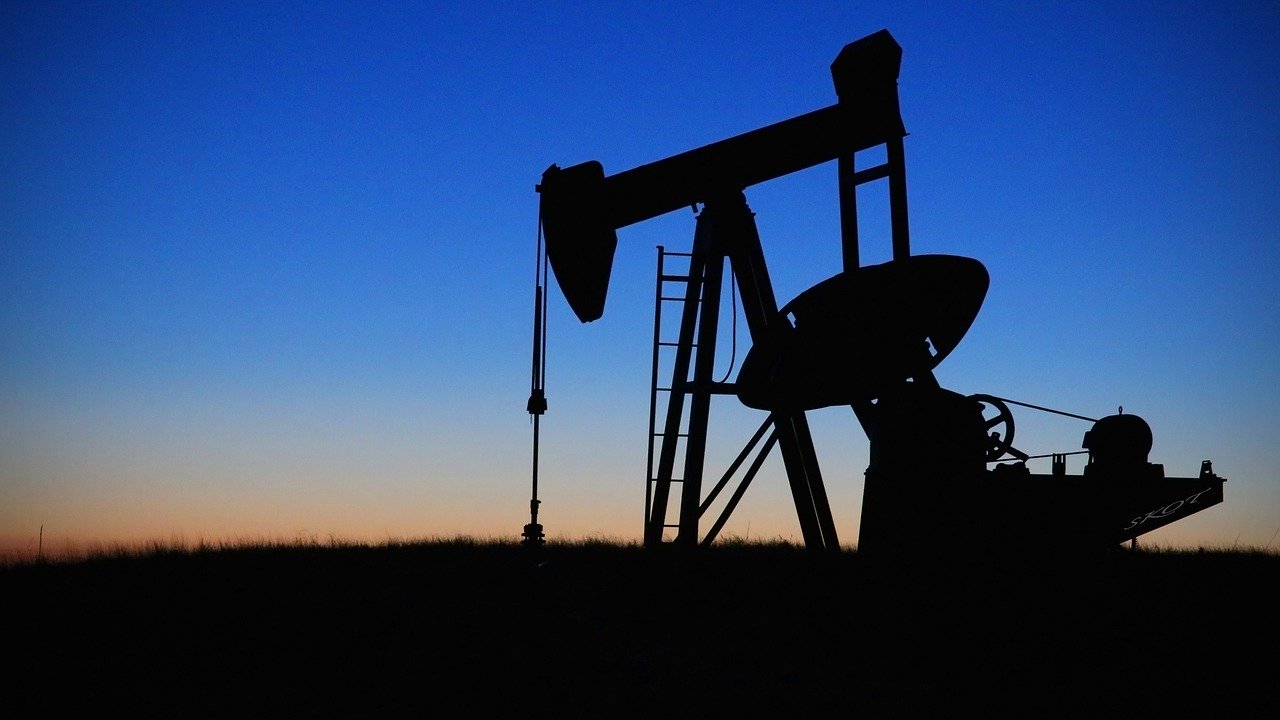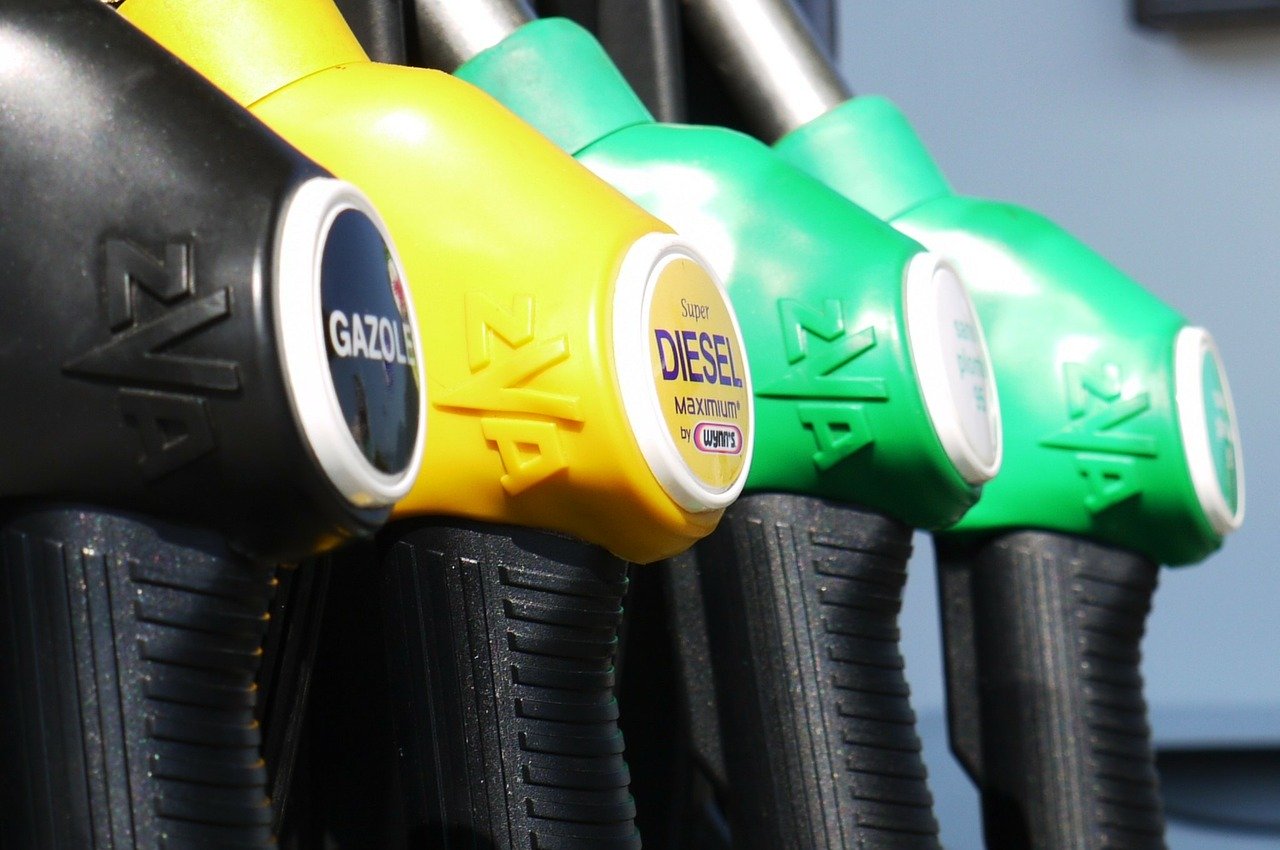The unprecedented oil price drop has become a historic event

Oil price crash: why did it happen and what should we expect? Source: pixabay.com
The Coronavirus crisis has cleared city streets of cars and public transport. The reduced levels of air pollution are only one consequence of people massively staying at home. The unprecedented oil price drop has become a historic event that has puzzled politicians, experts, and ordinary citizens. Why did it happen and what should we expect? Read more below.
Reasons for the oil price crash
Monday, April 20, was a nightmare for all oil producers. While the price chart has steadily moved down for weeks, forcing OPEC and its allies to agree to historic production cuts to stabilize prices, nobody has previously seen a negative crude value. Within a few hours, the price of US crude oil crashed from $18 a barrel to minus $38.
On Tuesday, however, it had rebounded to $1.10 and began slowly rising. Currently, the crude oil cost is $17.18 which is still among the lowest prices in its 70-year history.
Such a steep fall has happened as oil producers have pumped oil out of their wells non-stop. Eventually, they ran out of space to store the oversupply of crude. The reduced demand during the pandemic has made companies pay extra to buyers so that they take the barrels which the producers could not store. The estimated cost of one barrel take-away is about $40.
Like with any other product, the laws of supply and demand influence oil prices. Excessive production coupled with the ban on most transportation has negatively affected the national fuel market. US oil exports have slowed down this year partly caused by the flood of cheap crude from abroad. The government is now looking into possible solutions to the oversupply. In particular, the President has considered stopping oil shipments from Saudi Arabia if necessary.

Reasons for the oil price crash. Source: pixabay.com
The Russia-Saudi Arabia Oil Price War has become another part of the problem. The global oil market has been significantly impacted by Saudi Arabian price policies.
Saudi oil reserves are the largest in the world, and Saudi Arabia is the world’s leading oil producer and exporter. Oil accounts for more than 90% of the country’s exports and nearly 75% of government revenues.
This year, Crown Prince Mohammed bin Salman’s (MBS) has apparently decided to monetize the country’s large oil reserves. He has embarked on a policy of capturing market share, rather than trying to set the price, breaking with longstanding policies. According to his new strategy, the official selling price was dramatically cut. At the same time, Saudi Arabia increased its oil production to above ten million barrels per day.
Officially, the Saudi action was a response to Russia’s refusal to mutually cut oil production at an OPEC+ meeting on March 6. However, experts have suggested that the Prince may have pursued some long-term goals. Perhaps, he rushed to monetize the oil resources before climate change fosters mass transition to alternative energy sources. There are also many theories that associate Saudi policies with political games.
Back in March, the US senate appealed to the second top oil exporter in the world to stop oversupplying their low-cost oil. They urged the Kingdom to assert constructive leadership in stabilizing the world economy by calming economic anxiety in the oil and gas sector at a time when countries around the world are addressing the pandemic”.
Although both Moscow and Riyadh later agreed to implement target reductions, closely monitor the oil market, and take relevant measures together with OPEC+ and other oil producers, the global market didn’t stabilize completely.
What could happen next?
To begin with, petrol prices are likely to fall sharply this year, which is not bad for consumers who will go back to work after furloughs and layoffs.

What could happen next? Source: pixabay.com
The tempo of the oil market price recovery will depend on the terms when the demand for transport fuels increases. If the lockdown ends soon, it would accelerate the recovery, but a slow emergence from the Covid-19 crisis could mean further financial pain for oil producers until 2021.
Judging from the current epidemic situation, most countries will take it slowly. After the negative experience of South Korea with the second wave of COVID-19, nations across the globe will adopt a staged approach to quarantine lifting. Therefore, the usual transportation course may not renew until September in many regions. It hints that oil prices are not likely to rebound to high levels very soon.
The market crash consequences could be especially severe for U.S. companies since shale oil is harder to extract from the ground and therefore more expensive to produce. If they spend too much against low earnings, some oil producers may fail to sustain operations.
For instance, Whiting Petroleum, once a large player in the Bakken Formation, was the first major company to declare bankruptcy earlier this month. Analysts are afraid there could be many more to come.
Shale oil companies are also typically loaded up with debt, meaning weakness can ripple through the broader financial system as they won’t be able to pay back their bank loans.
SEE ALSO:








